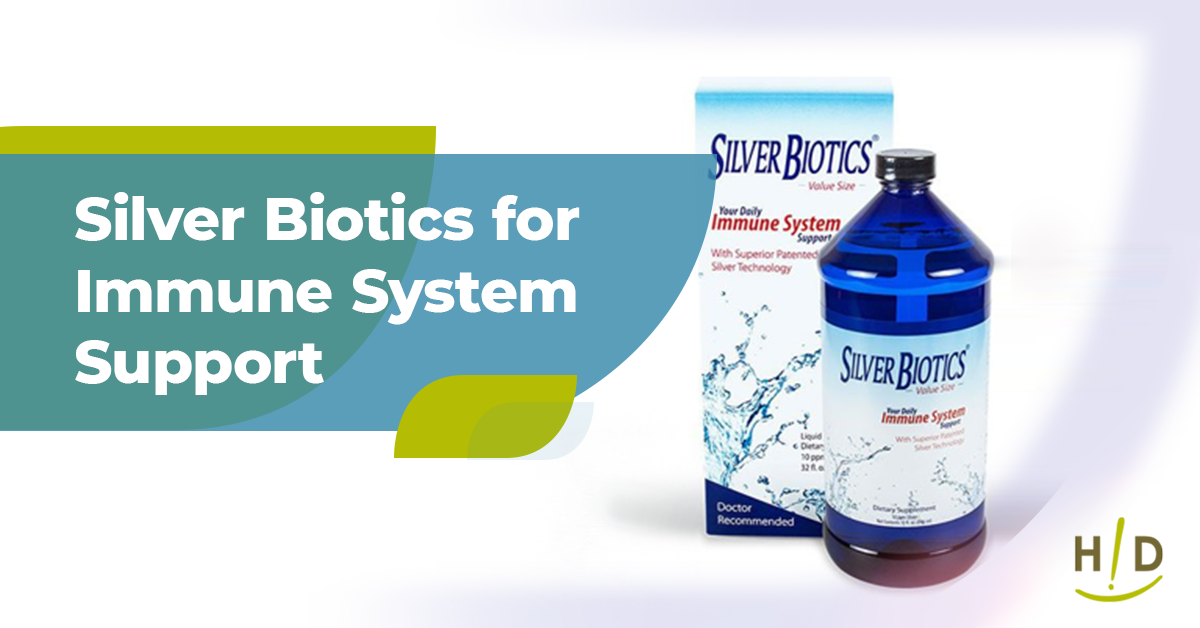- Developing Type 2 diabetes. Nearly 50 percent of women with gestational diabetes will develop Type 2 later in life.
- Large birth weight. Your baby is more likely to be 9 pounds or more at birth, which may make your delivery more complicated.
- Premature birth. Your newborn may be born early, which can cause health concerns.
Understanding how to cope with gestational diabetes, or preventing it all around, is key for mothers-to-be. Preventing Gestational Diabetes While the cause of gestational diabetes is unknown, there are ways for newly pregnant women to reduce their chance of developing this condition. Consider the following tips:
1. Lose Weight Before Pregnancy Did you know you're at greater risk for developing gestational diabetes if you're overweight before becoming pregnant? If you plan on starting a family in the near future, try getting down to a healthy weight. This is a simple way to reduce complications during pregnancy and after you give birth.
2. Remain Active While Carrying Many women assume that since they're carrying a baby, they don't have to continue following a fitness regimen. This is false! Remaining physically active doesn't only keep your body healthy and in shape - while reducing your risk for developing gestational diabetes - but it also contributes to the wellbeing of the baby. Strenuous exercise might be too difficult during pregnancy, but that doesn't mean you have to give up working out all together. There are plenty of moderate options you can continue practicing up until the nine-month mark. Swimming, bike riding and walking are a few of the physical activities that pregnant women find helpful and comfortable while carrying. Just aim for 30 minutes of exercise every day.
3. Follow a Plant-based Diet There's another myth that comes with pregnancy: Being able to eat whatever you want, whenever you want. This simply isn't the case. Yes, you should be gaining weight to provide nutrients for your growing baby, but it should come from healthy foods, not empty calories. Instead of stuffing your face with saturated fats and refined sugars that can lead to gestational diabetes, try a plant-based eating plan. The Hallelujah Diet is comprised of raw fruits, vegetables, seeds, nuts and whole grains that are perfectly capable of providing the vitamins and nutrients you and your child need to thrive. For more information on eating well during your pregnancy, read Olin Idol's book "Pregnancy, Children and the Hallelujah Diet."







